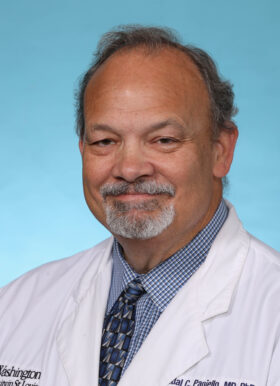Basic Sciences
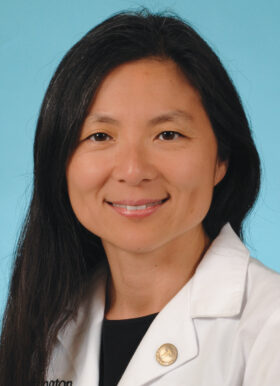
Keiko Hirose, MD
Professor of Otolaryngology—Head & Neck Surgery
Castle Connolly Top Doctor
- Phone: Patient appointments: (314) 454-6162
- Fax: (314) 454-2174
Dr. Hirose's clinical interests include pediatric hearing loss, cochlear implantation, chronic ear surgery, cholesteatoma, conductive hearing loss, aural atresia, BAHA, ear infections, speech disorders, velopharyngeal insufficiency, cleft palate, craniofacial disorders.
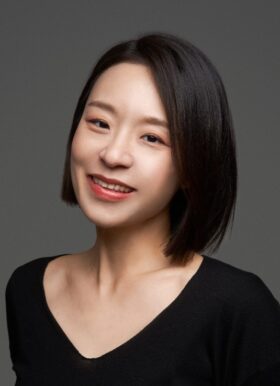
Jinkyung Kim, PhD
Assistant Professor of Otolaryngology—Head & Neck Surgery
- Email: jinkyung@wustl.edu
The goal of the Kim Lab is to characterize the properties of sound coding and processing in the cochlea and along the auditory pathway through in vivo real-time monitoring of sound-evoked multicellular activities. Additionally, we aim to identify the transport mechanisms responsible for ototoxic drug entry into the cochlea via in vivo drug tracking and subsequently develop pathway blockers to prevent drug-induced hearing loss.
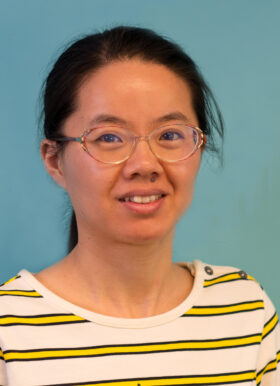
Xia Liu, MD, PhD
Assistant Professor of Otolaryngology—Head & Neck Surgery
Identifying the states and roles of T cell subsets and dendritic cells in the suppressive tumor microenvironments using different types of tumor models; dissecting molecular mechanisms responsible for the dysfunctions of T cells and dendritic cells in tumors; and developing novel and effective strategies for tumor vaccines and anti-tumor immunotherapies.
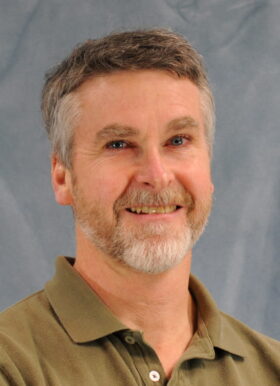
Kevin Ohlemiller, PhD
Professor of Otolaryngology—Head & Neck Surgery
Research Interests: Our research focuses on the role of genetics in the form and progression of age-related hearing loss (ARHL) and the role of genetics in the form and severity of noise-induced hearing loss (NIHL)
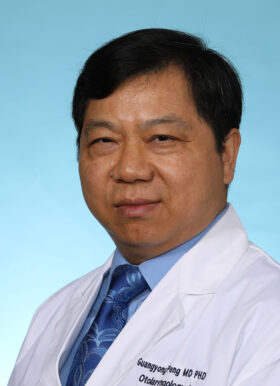
Guangyong Peng, MD, PhD
Professor of Otolaryngology—Head & Neck Surgery
Our lab’s research focuses on understanding the role of different subsets of T cells in suppressive tumor microenvironments and the development of novel tumor therapeutic strategies using metabolic and molecular reprogramming of T cell fate and function for enhanced tumor immunity and immunotherapy.
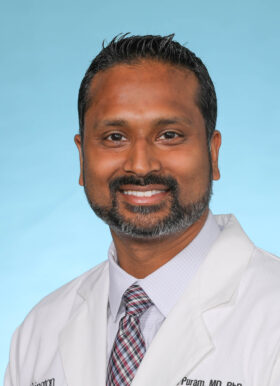
Sidharth V. Puram, MD, PhD, FACS
Associate Professor of Otolaryngology—Head & Neck Surgery
Division Chief, Head & Neck Surgery
Director, Robert Ebert and Greg Stubblefield Head and Neck Tumor Center
Castle Connolly Top Doctor
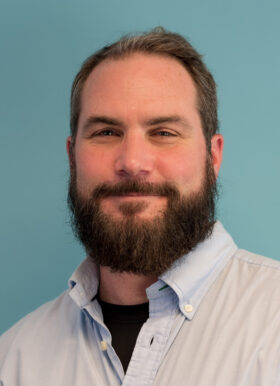
Mark A. Rutherford, PhD
Associate Professor of Otolaryngology—Head & Neck Surgery
Electrical and chemical signaling across membranes, neural temporal code, spike generation, molecular anatomy of synapses, membrane excitability disorders, auditory and vestibular systems, synaptic electrophysiology, sensory hair cells, spiral ganglion neurons, ribbon synapses, ion channel organization and function, nano-scale microscopy, Ca2+ and voltage imaging, mutational analysis, computational modeling, cochlear implants, structure-function relationships, synaptic development and heterogeneity, genetics of hearing and deafness, optogenetics, mitochondria, network and synaptic plasticity, efferent neuromodulation of sensory processing, prevention of hearing loss.
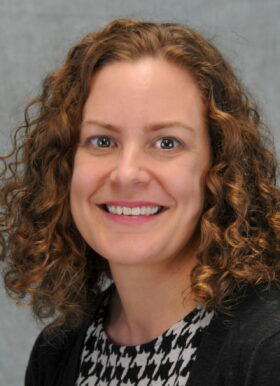
Lavinia Sheets, PhD
Associate Professor
Otolaryngology—Head & Neck Surgery
- Email: sheetsl@wustl.edu
Hair cells are the sensory receptors of sound, motion, and spatial orientation. Exposure to excessively loud noise or certain drugs can permanently damage hair cells and their connections to nerve fibers. My lab investigates the cellular mechanisms of noise-induced and chemical hair-cell damage using zebrafish as a model for human hearing and deafness.
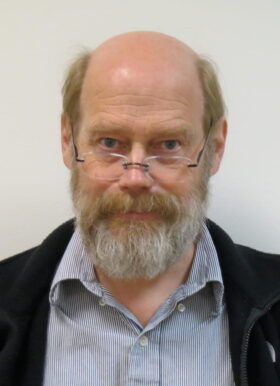
Mark Warchol, PhD
Professor
Otolaryngology—Head & Neck Surgery;
Professor
Dept. of Anatomy & Neurobiology
Research in my lab focuses on the development and regeneration of sensory receptors and afferent neurons in the inner ear.
